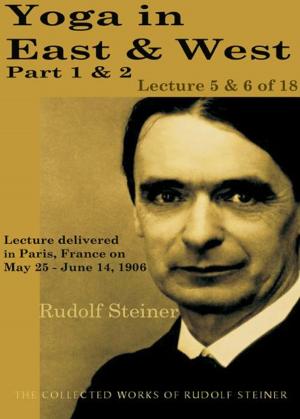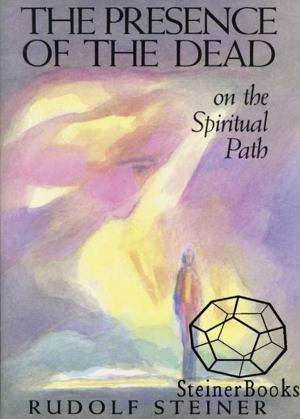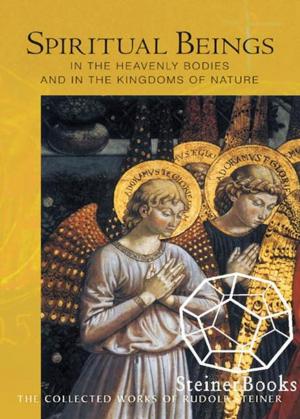The Spiritual Foundation of Morality: Frandis of Assisi & the Christ Impulse
Nonfiction, Religion & Spirituality, Philosophy, Ethics & Moral Philosophy| Author: | Rudolf Steiner, Malcolm Gardener | ISBN: | 9780880109819 |
| Publisher: | Steinerbooks | Publication: | August 1, 1995 |
| Imprint: | SteinerBooks, Collected Works | Language: | English |
| Author: | Rudolf Steiner, Malcolm Gardener |
| ISBN: | 9780880109819 |
| Publisher: | Steinerbooks |
| Publication: | August 1, 1995 |
| Imprint: | SteinerBooks, Collected Works |
| Language: | English |
Moral teaching and moral preaching cannot establish morality. It is only by delving into the hidden secrets of life that we can advance not just to moral doctrines but to the moral sources of life, true moral impulses. At different times, humanity has manifested moral life in different ways. To understand these differences, the evolution of consciousness must also be taken into account. Originally morality was a part of human nature, for in their essence human beings are good. But through evolution, there have come errors, deviations, times of falling away. In this small, much-loved cycle of three lectures Rudolf Steiner indicates the sources for the recovery of a living morality for our time. Rudolf Steiner shows the transformation of the virtues through the evolution of consciousness and, above all, through the incarnation of the Christ in the Mystery of Golgotha. Since then, morality works to build up Christ's being.
Moral teaching and moral preaching cannot establish morality. It is only by delving into the hidden secrets of life that we can advance not just to moral doctrines but to the moral sources of life, true moral impulses. At different times, humanity has manifested moral life in different ways. To understand these differences, the evolution of consciousness must also be taken into account. Originally morality was a part of human nature, for in their essence human beings are good. But through evolution, there have come errors, deviations, times of falling away. In this small, much-loved cycle of three lectures Rudolf Steiner indicates the sources for the recovery of a living morality for our time. Rudolf Steiner shows the transformation of the virtues through the evolution of consciousness and, above all, through the incarnation of the Christ in the Mystery of Golgotha. Since then, morality works to build up Christ's being.















